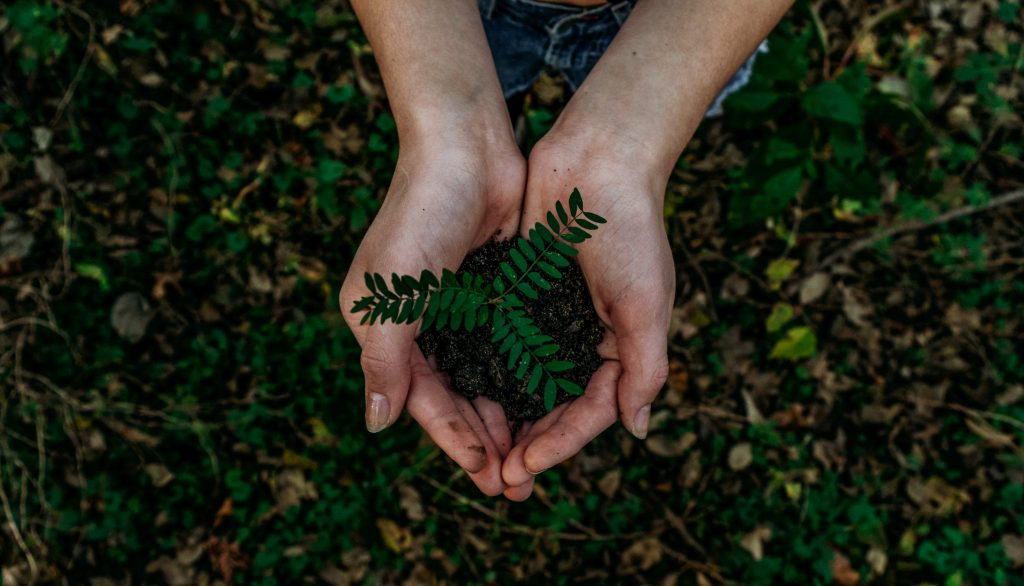Combatting compostables confusion
By Pelican Consultant Emma Scott.
Earlier this year The Waste and Resources Action Programme (WRAP) published new guidance to provide clarity on the use of compostable packaging. But what can brands do to ensure consumers are clear on compostables, and should they be using them at all?
With so much contradictory information circulating about the pros and cons of compostables it’s hardly surprising there’s so much confusion among consumers.
Are compostable and biodegradable the same? Which bin should I put it in? Is it actually better for the environment?
Hailed by some as a silver bullet for the plastics problem and others as a gimmick that’s as harmful to the environment as plastic film, the truth lies somewhere in between.
Firstly, let’s be clear on the difference between biodegradable and compostable.
- Biodegradable refers to the ability of a material to break down and return to nature. To qualify as biodegradable, packaging materials must completely break down and decompose into natural elements within a year.
- Compostable materials go one step further by providing the earth with nutrients once the material has completely broken down.
Brands embracing these materials need to be clear about the distinction in their labelling and ensure materials really qualify as ‘compostable’.
So does your packaging qualify?
When it comes to recyclability, WRAP is clear that in order to claim a material is ‘recyclable’ it should be recyclable in practice. It’s no use being technically recyclable if the infrastructure doesn’t exist.
The same should be applied to compostable plastics. So, if you make the decision to use compostable packaging, you need to think about whether it’s viable, given the complexities surrounding current treatment infrastructure.
You also need to be clear about how the packaging should be disposed of, and honest about what will happen to it next.
Current recycling infrastructure.
What happens to it next is where the clarity of well-intentioned sustainability goals turns decidedly murky.
Our current recycling infrastructure is only set up to identify and recycle oil-based plastics, and because a polymer made of oil is not the same as a polymer made of plants, this presents a fundamental problem for compostable packaging.
Few, if any, councils collect biodegradable or compostable packaging, so what does the consumer do with the empty pack?
Contrary to popular belief, these materials will not break down if planted in the garden or put in the food waste bin. Only industrial composting sites are equipped to deal with end-of-life compostable packaging and there simply aren’t enough of them to cover the whole of the UK.
And because composting can only occur in a controlled environment, with exposure to moisture, oxygen and bacteria, the majority of compostable materials will be incinerated or end up in landfill.
Here it may never break down, but if it does, just like food waste decomposing in the wrong environment, it will emit methane — 84 times more potent than carbon dioxide as a greenhouse gas.
So much for good intentions.
That’s not to say there’s no future for compostable packaging. It has a lot of potential as a solution to the problem of difficult-to-recycle films and flexible packaging.
By 2023, the UK may have the capacity for nationwide collection of compostable packaging along with organic waste. Therefore, with sufficient education and the right waste management infrastructure, compostable materials could replace a useful proportion of flexible plastic.
What’s ultimately needed is infrastructure change. When doing the environmentally responsible thing becomes the easiest, simplest and cheapest choice, it’s the one everyone will make. Until then, brands need to take responsibility for making the best packaging choices for the infrastructure already in place, and for ensuring consumers are informed enough to dispose of packaging appropriately.
If you’re looking for help or advice with your packaging design, get in touch with our experts today.
Pelican Communications is a specialist in the environment & CSR, food, packaging & logistics and trade association sectors and offers a range of services such as strategy, design, content creation, public relations and people development. Contact us for marketing and communications expertise.
